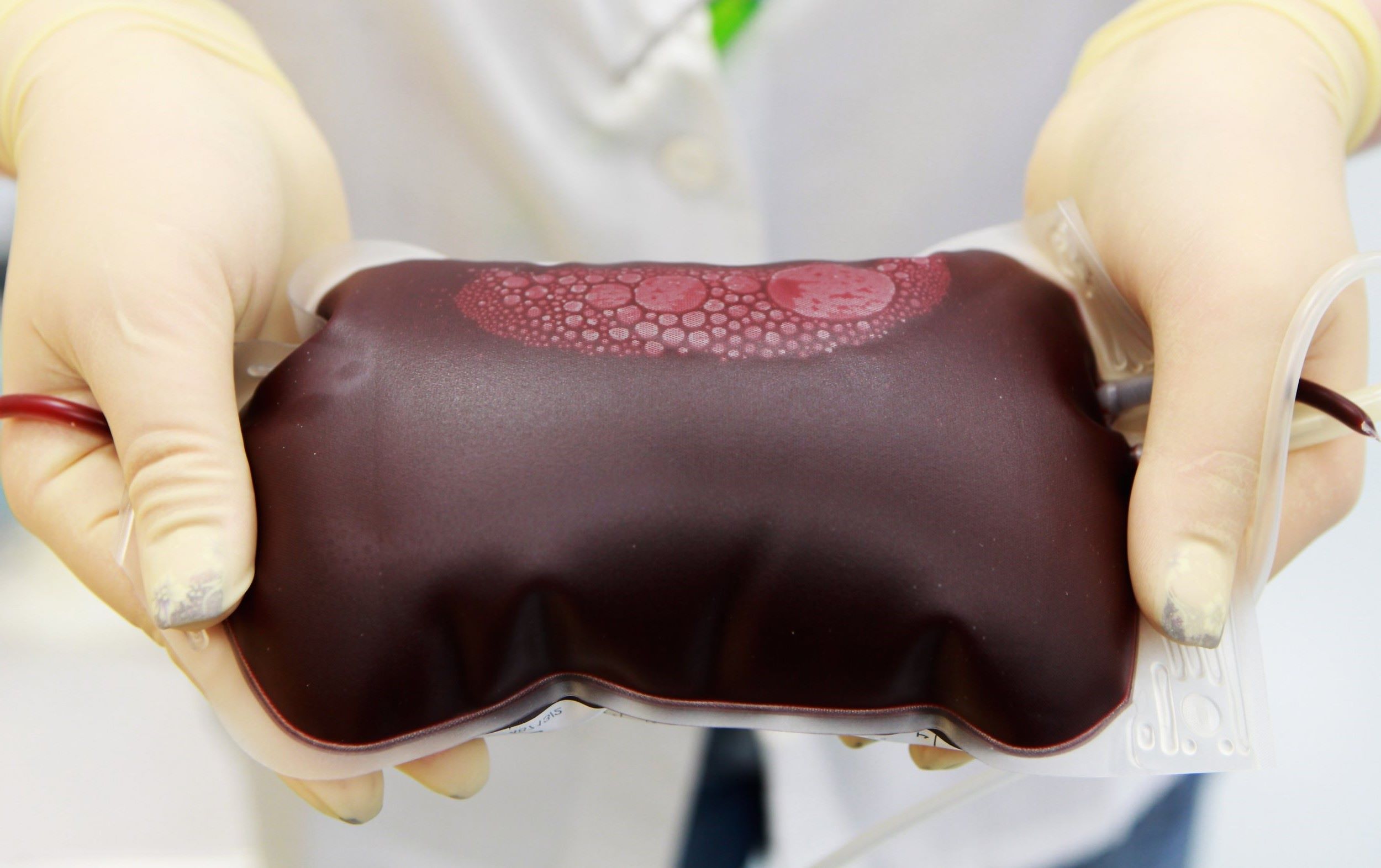
Curious about the rarest blood type in the world? AB negative is your answer. This unique blood type is a mystery to many, holding secrets that fascinate both medical professionals and the general public alike. With its scarcity, those who possess AB negative blood are part of an exclusive group, making up less than 1% of the global population. In this blog post, we'll uncover 13 intriguing facts about AB negative blood type, from its origins to its impact on health and how it plays a crucial role in blood transfusions. Whether you're AB negative yourself or just keen to learn more about this rare blood type, you're in for a treat. Let's dive into the world of AB negative blood type and discover what makes it so unique.
What Makes AB Negative Blood Type Unique?
AB negative blood type is one of the rarest blood types in the world. This rarity brings with it some fascinating characteristics and implications. Let's dive into some intriguing facts about this uncommon blood type.
-
Rarest Blood Type in the World
AB negative is the rarest of all blood types, found in less than 1% of the global population. This scarcity makes it highly valuable in medical settings. -
Universal Plasma Donor
People with AB negative blood can donate plasma to anyone, regardless of the recipient's blood type. Plasma from AB negative donors is often in high demand. -
Can Only Receive AB Negative Blood
Individuals with AB negative blood can only receive blood from other AB negative donors. This limitation makes it crucial for AB negative donors to regularly donate blood.
Health Implications of AB Negative Blood Type
Having AB negative blood can affect your health in various ways. Some of these effects are beneficial, while others may pose challenges.
-
Lower Risk of Heart Disease
Studies suggest that people with AB blood types, including AB negative, have a lower risk of heart disease compared to other blood types. -
Higher Risk of Blood Clots
On the flip side, AB negative individuals may have a higher risk of developing blood clots. This is due to certain clotting factors present in their blood. -
Unique Immune Response
AB negative blood type can influence the immune system's response to infections and diseases. This unique immune response can sometimes make it easier to fight off certain illnesses.
Genetic and Ancestral Insights
The AB negative blood type offers a window into genetic and ancestral history, revealing fascinating insights about human evolution and migration.
-
Combination of A and B Antigens
AB negative blood contains both A and B antigens but lacks the Rh factor. This combination is a result of inheriting one A antigen and one B antigen from each parent. -
Rare Genetic Mutation
The AB negative blood type is the result of a rare genetic mutation. This mutation is less common in the general population, contributing to its rarity. -
Ancestral Links to Europe
AB negative blood is more commonly found in people of European descent. This suggests that the blood type may have originated in Europe and spread through migration.
Compatibility and Transfusion Facts
Understanding the compatibility and transfusion facts about AB negative blood is crucial for medical professionals and patients alike.
-
Limited Compatibility for Blood Transfusions
AB negative individuals have limited compatibility when it comes to receiving blood transfusions. They can only receive blood from other AB negative donors, making it essential to maintain a supply of this rare blood type. -
Universal Plasma Recipient
While AB negative individuals have limited options for blood transfusions, they can receive plasma from any blood type. This makes them universal plasma recipients. -
Critical for Emergency Situations
In emergency situations, having a supply of AB negative blood can be life-saving. Hospitals often prioritize collecting and storing AB negative blood for critical cases.
Fun and Lesser-Known Facts
Beyond the medical and genetic aspects, there are some fun and lesser-known facts about AB negative blood type that might surprise you.
- Celebrity Connection
Some famous personalities are known to have AB negative blood. This includes notable figures in history, entertainment, and politics, adding a touch of intrigue to this rare blood type.
A Final Look at AB Negative Mysteries
AB negative blood type, a rare gem in the vast ocean of genetics, holds secrets and surprises that fascinate and intrigue. With its scarcity, unique properties, and the vital role it plays in medical scenarios, understanding this blood type is more than just a matter of curiosity—it's a crucial aspect of healthcare and emergency medical services. From its ability to accept AB positive blood in emergencies to its universal plasma donor status, AB negative individuals carry within them a life-saving potential that underscores the importance of blood donation. As we've journeyed through the facts, the significance of knowing and sharing one's blood type becomes evident, not just for personal knowledge but for the greater good of society. Let's continue to unravel the mysteries of our genetic blueprints, celebrating the diversity and the unity they bring to our lives.
Was this page helpful?
Our commitment to delivering trustworthy and engaging content is at the heart of what we do. Each fact on our site is contributed by real users like you, bringing a wealth of diverse insights and information. To ensure the highest standards of accuracy and reliability, our dedicated editors meticulously review each submission. This process guarantees that the facts we share are not only fascinating but also credible. Trust in our commitment to quality and authenticity as you explore and learn with us.


